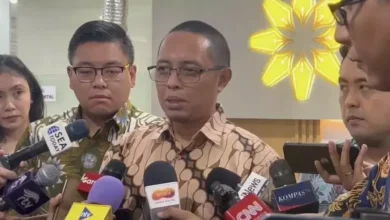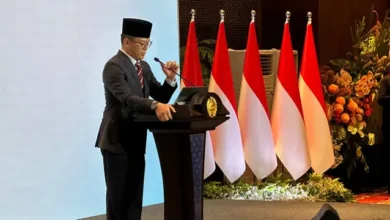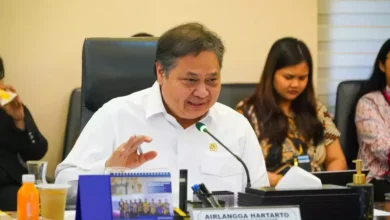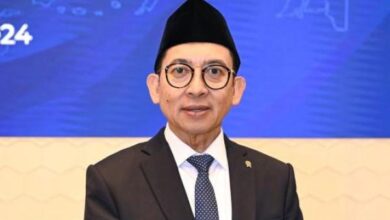Optimizing Asset Management, To Leverage State Revenues
Detiktoday.com – The Indonesian Supreme Audit Board (BPK) submitted an Audit Report (LHP) of the 2019 Central Government Financial Report (LKPP) at the DPR RI Plenary Meeting, last Tuesday (07/14/2020). The LHP recorded an increase in the Government’s asset balance to reach Rp10,467.53 trillion as of December 31, 2019, due to a correction in the fair value of Fixed Assets of Rp4,113.21 trillion based on the revaluation of State Property (BMN). For this increase, Member of the House of Representatives Commission XI Princess Anetta Komarudin encouraged the optimization of BMN management to leverage the performance of state revenue in the third-quarter and fourth-quarter of this year.
“Utilization of state assets in the context of handling a pandemic has proven to be useful, ranging from the conversion of the Kemayoran Athlete’s Hospital to the Covid-19 Emergency Hospital, the use of Pondok Gede Hajj Dormitory as a quarantine location, to handing thousands of confiscated masks from the Directorate General of Customs and Excise to BNPB. However, what we need to push further is how to manage assets, especially BMN, so that they can contribute to the increase in state revenue this year, given the depressed performance of the state budget due to a pandemic, “said Princess through her written statement on Monday (7/20/2020).
The contribution of BMN utilization to state revenue, said Princess, can be reflected through the Non-Tax State Revenue (PBNP) post. The Ministry of Finance recorded a decrease in PNBP realization in the first half of 2020 to a negative 11.8 percent (yoy). Meanwhile, the realization of other PNBP post revenues, which includes receipts from BMN management, continued to record positive growth of 9.9 percent (yoy). However, PNBP post realization data for BMN management over the past three years continued to show a significant increase, amounting to IDR 266.2 billion in 2017, IDR 339.6 billion in 2018, and IDR 551.2 billion in 2019.
“The amount of state revenue obtained from BMN management can be said to be still low, but that does not mean it is not potential. In fact, the value of total state assets needs to be optimized again to increase state revenues until the end of this year. One of the steps is to improve the performance of the State Asset Management Institute (LMAN) which is tasked with generating financial benefits from state assets managed, “said the young politician from the Golkar Party.
For information, LMAN is a Public Service Agency (BLU) within the Ministry of Finance, with a mandate to carry out state property management, consulting services, and land funding for national strategic infrastructure development. In the House of Representatives Commission XI Hearing Meeting, Wednesday (07/15/2020), LMAN said that the assets managed in 2020 were valued at Rp 14.36 trillion spread throughout Indonesia.
To that end, the West Java VII constituency pushes LMAN to further improve its performance, especially by utilizing the expansion of the state asset management scheme that has just been renewed through Government Regulation (PP) Number 28 of 2020 concerning Amendments to PP Number 27 of 2014 concerning Management of State / Regional Property.
“For the past three years, LMAN has recorded productive performance as indicated by the realization of revenue that continues to experience growth and always exceeds the target. Furthermore, LMAN must be able to ensure that the state assets managed have added value that is sustainable and benefits the public interest. For example, by implementing the newly issued BMN utilization scheme, namely Limited Cooperation for Infrastructure Financing, “explained the Princess.
The concession scheme through Limited Cooperation for Infrastructure Financing, or Limited Concession Schemes (LCS), allows the government to manage BMN sustainably so that it can contribute PNBP optimally every year.
Therefore, the Princess asked the government to immediately inventory which BMN could be managed with the LCS scheme and study the optimization of state revenue that would be obtained from the cooperation. Thus, this step is expected to be an alternative source of state revenue to encourage economic growth that is pressured by a pandemic.









